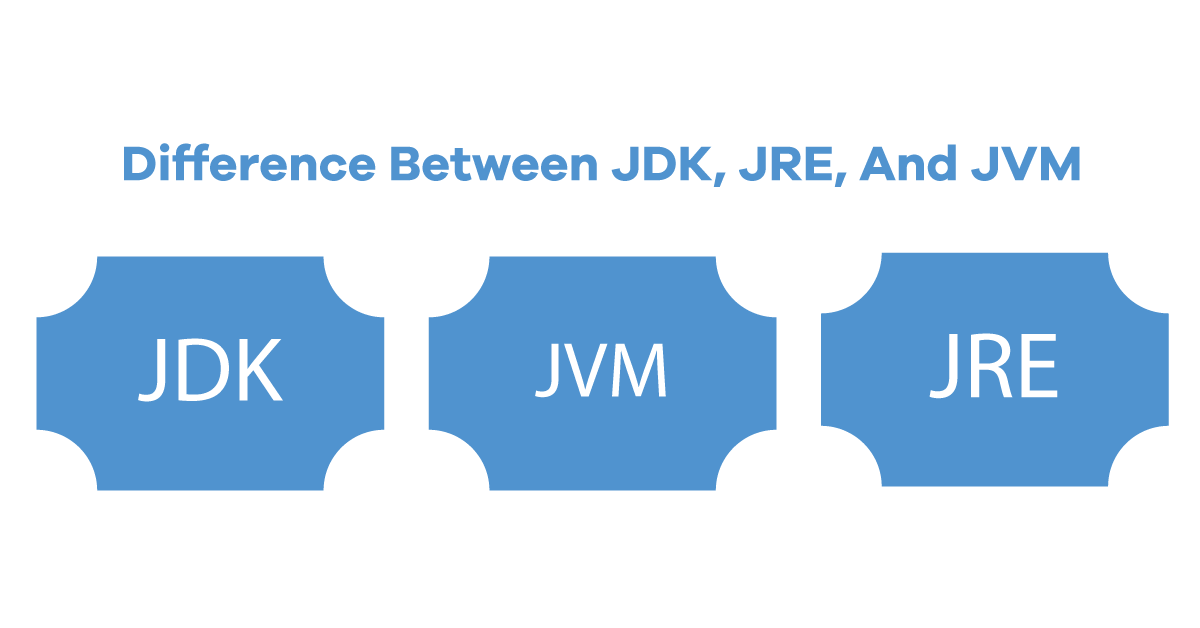Difference Between JDK, JRE, & JVM

JDK, JRE, and JVM are three important components of the Java platform, each serving a distinct purpose:
-
JDK (Java Development Kit):
- The JDK is a software development kit that provides the tools and libraries necessary for developing Java applications.
- It includes the Java compiler (javac) for compiling Java source code into bytecode, along with other development tools like the Java debugger and JavaDoc for generating documentation.
- Additionally, the JDK includes the JRE (Java Runtime Environment), allowing developers to run Java applications during development and testing.
- In summary, the JDK is a comprehensive package that encompasses everything needed to develop, debug, and run Java applications.
-
JRE (Java Runtime Environment):
- The JRE is a runtime environment that provides the necessary libraries, resources, and JVM (Java Virtual Machine) to execute Java applications.
- It includes the JVM, which interprets and executes Java bytecode, along with essential class libraries and other runtime components.
- The JRE is used by end-users to run Java applications without needing to compile or develop them.
- Unlike the JDK, the JRE does not include development tools like the Java compiler or debugger.
- Essentially, the JRE is what you need to run Java applications on your system.
-
JVM (Java Virtual Machine):
- The JVM is an abstract computing machine that provides the runtime environment in which Java bytecode is executed.
- It is responsible for interpreting Java bytecode or translating it into native machine code (using JIT compilation) and executing the instructions on the underlying hardware.
- The JVM ensures platform independence by providing a consistent execution environment across different operating systems and hardware architectures.
- While the JVM is a core component of both the JDK and JRE, it can also be embedded in other software systems to support Java execution.
- In summary, the JVM is the runtime engine that enables Java's "write once, run anywhere" capability.
In essence:
- JDK: Development kit containing tools and libraries for Java development.
- JRE: Runtime environment containing the JVM and essential libraries for executing Java applications.
- JVM: Virtual machine that executes Java bytecode and provides a platform-independent runtime environment.
Thank you,
